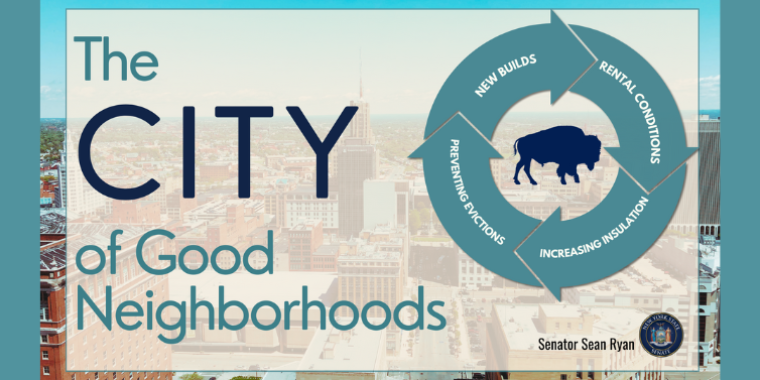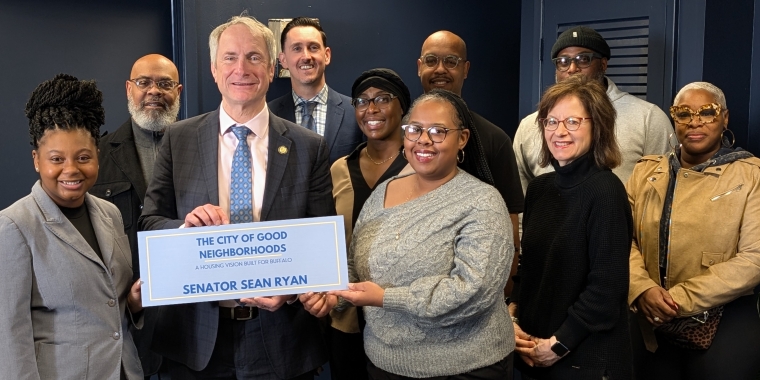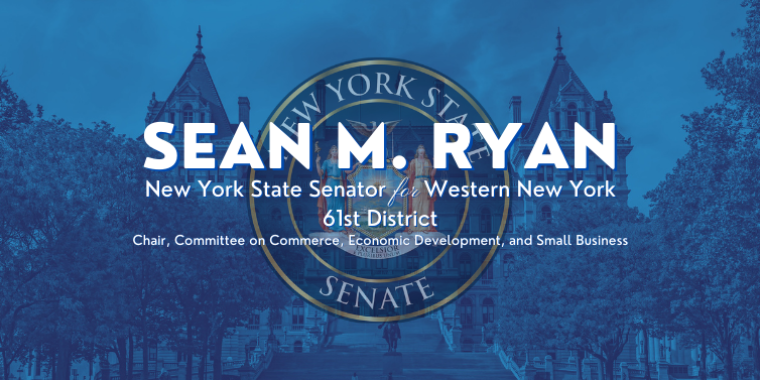
Op-Ed: Summertime observations
As we enjoy the summer months here in Western New York, I wanted to use this opportunity to discuss some of the big headlines we have seen recently in New York and around the country.
In late June, the Supreme Court made the controversial decisions to end affirmative action-based college admissions policies, allow businesses to refuse services to same-sex couples, and invalidate President Biden’s broadly popular student debt relief plan. We as a nation should embrace diversity in academic settings, fight back against discrimination, and do everything possible to lower the burden of student debt. I have great concerns that these latest rulings fly in the face of public sentiment and take our country backwards.
As the court dismantles efforts to advance equity in our society, voters in New York will soon have the power to create lasting protections in our state. The Equal Rights Amendment will be on the ballot in November 2024. Its passage would prohibit discrimination based on ethnicity, nationality, age, disability and sex.
This month, you’ve probably also heard about SAG-AFTRA joining the Writers Guild of America on strike. This is the first time both actors and writers have been on strike together since 1960. It is important to remember that most members of these unions are not the stereotypical highly paid Hollywood stars. Most of these union members are regular middle-class folks who go to work every day to make a living. Studio executives should agree to a fair deal with the union workers who are integral to the TV shows and movies we love.
At the state level, the lack of affordable housing in New York has been a hot topic in recent months. This month, I joined The Capitol Pressroom to discuss my bill to allow municipalities to invest in community housing funds to address this issue. The bill would empower cities and towns throughout New York to institute a real estate transfer tax to raise funds that would then be invested in housing. This tax would not be charged to home buyers – only to sellers, who have benefited from the appreciation of their asset. Notably, the tax would only go into effect if local voters approved it in a November referendum.
When it comes to housing, there’s no one-size-fits-all plan that will work for every city and town in New York. That’s why each municipality that decides to take advantage of this program would have the freedom to tailor both the details of the tax and the use of the proceeds to their specific needs. For example, they could decide to implement a small tax on sales above the median home price in their town or decide it will only apply to homes that sell for over $1 million. They could then use the funds raised to build new housing, rehabilitate existing buildings, or provide assistance for first-time homebuyers. To learn more about the bill (S.7589) and how it can help end our affordable housing crisis, listen to my interview here.



